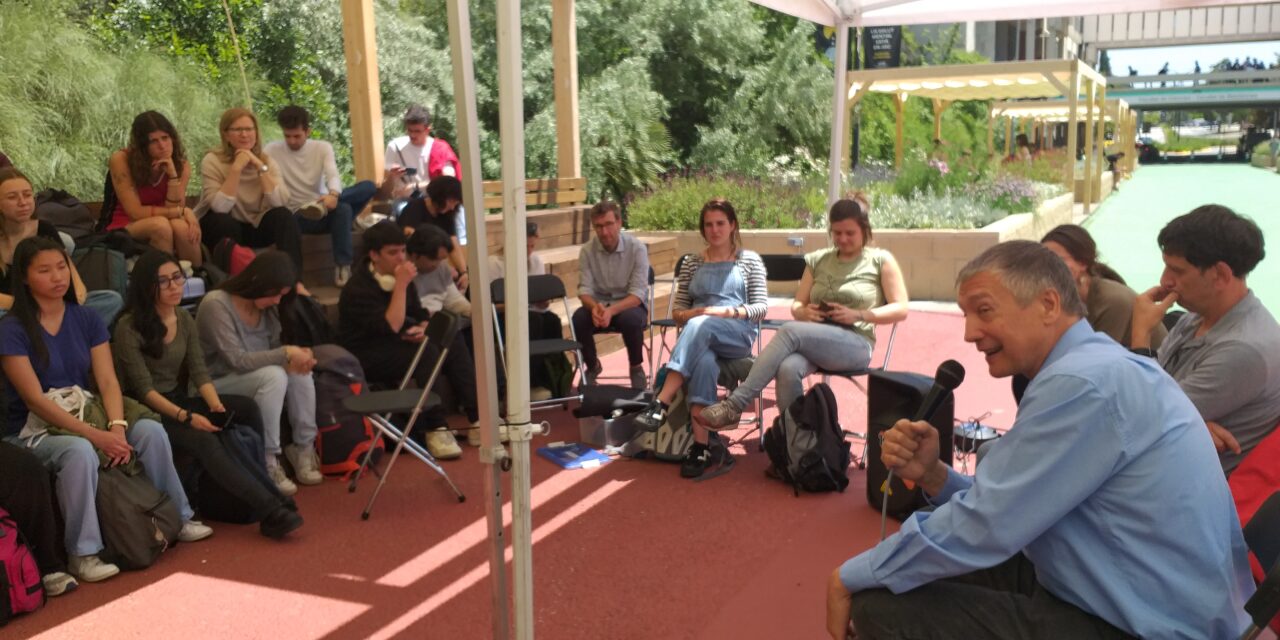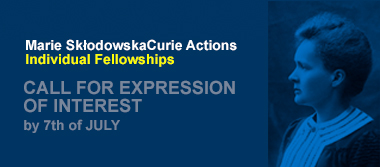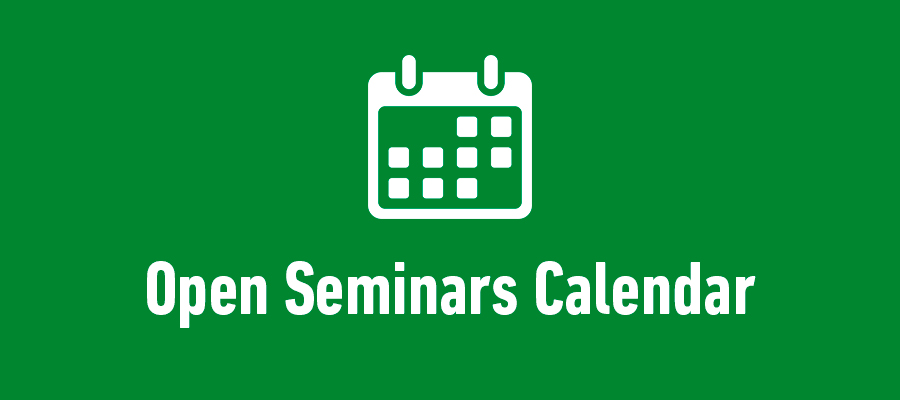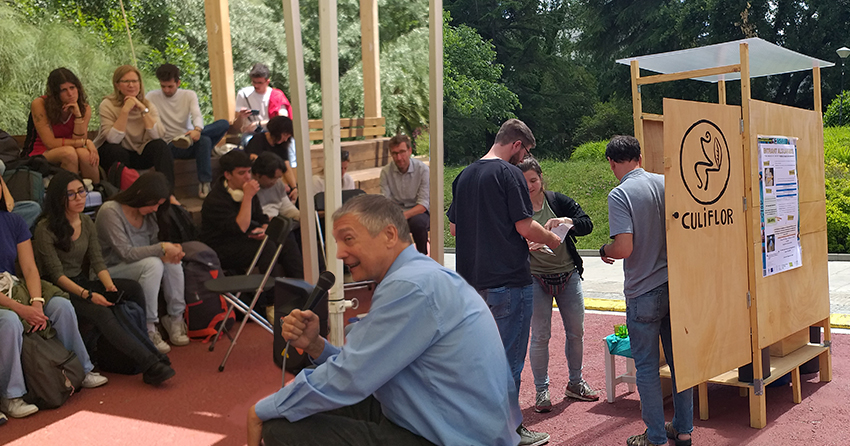
On May 21, the closing session of the Training Cycle on Ecosocial Crisis organized by the IGOP within the framework of the ECF4CLIM project was held. The cycle consisted of 5 conferences followed by 5 workshops and had the support of the Faculty of Political Sciences and Sociology and the Autonomous Solidarity Foundation.
Each conference was given by experts in the different topics proposed (climate justice, ecofeminisms, future climate scenarios, ecosocial transitions, agri-food system and agroecology, global extractivism and climate migrations, waste, etc.), from entities that are working closely with these themes (ODG, XES, Environmental Space, CICrA, Ecologists in Action, UVic Agroecology Chair, etc.).
The week after each conference, a workshop was held to reflect on the same topic with data from the UAB Campus. The workshops have been moderated by Pep Espluga and Maria Marcet, as researchers of the ECF4CLIM project.
A total of 39 students from different degrees and Campus Faculties participated in the cycle. Throughout the cycle, students formed volunteer groups to carry out various activities aimed at making visible the environmental impacts of the university community and generating debate on how to address them. Specifically, 5 activities have been carried out:
- Monitoring of waste generated at the Faculty of CCPP and Sociology
- Estimation of water consumption in the sinks of the Faculty of CCPP and Sociology
- Measurement of air pollution in various places on the UAB Campus.
- Estimation of the ecological footprint of the Campus restaurant menus.
- Survey on eating habits of UAB students.
The closing session was held on Tuesday, May 21 at noon and was attended by the Vice-Rector for Campus and Sustainability (Xavier Gabarrell), the head of the Sustainability Office (Alba Cabañas) and the energy technicians (Gabriel Cardeñosa), waste (Carme Hidalgo) and environment (Anna Florensa) of the Office itself, as well as the director of the Autonomous Solidarity Foundation (Jordi Prat). It should be said (and appreciated) that the FAS took charge of the logistics of the event.
In this session, a synthesis of the learning from the Ecosocial Crisis Cycle was carried out, the results of the activities carried out by the groups of volunteer students were presented, and there was a debate on how all of this affects the university.
The event included a demonstration test of a dry toilet, promoted by a water saving and sustainability project called ‘Culiflor’. It was a good opportunity to understand how alternative forms of sanitation work.
The ECF4CLIM project is funded by the European Commission (H2020, GA 101036505) and aims to validate a sustainability competency framework in different educational contexts. The project began in 2021 and will end in 2025. Pilot tests are being carried out in schools in 4 countries (Finland, Portugal, Romania and Spain) at different educational levels (primary, secondary and university). The activities outlined here will be attempted again during the next course.
